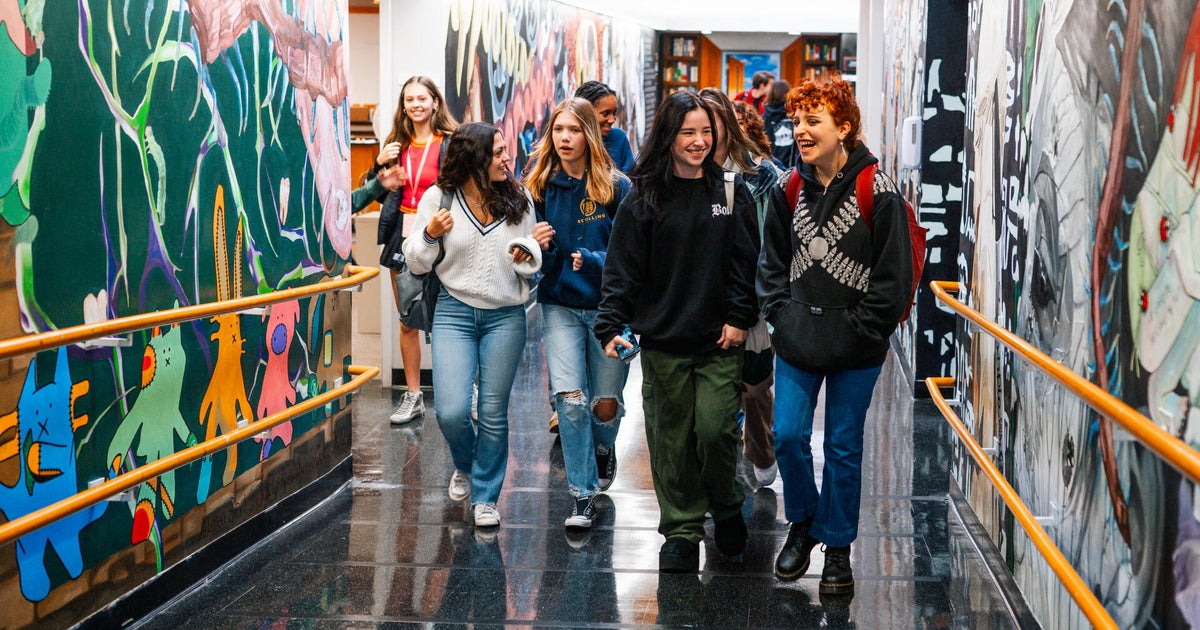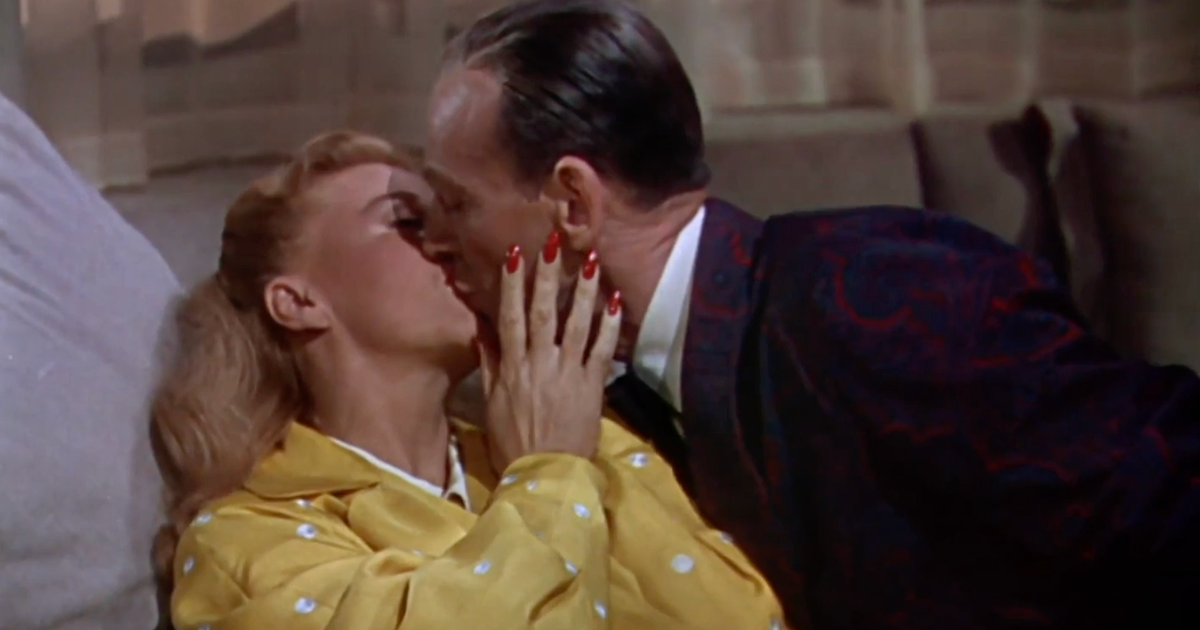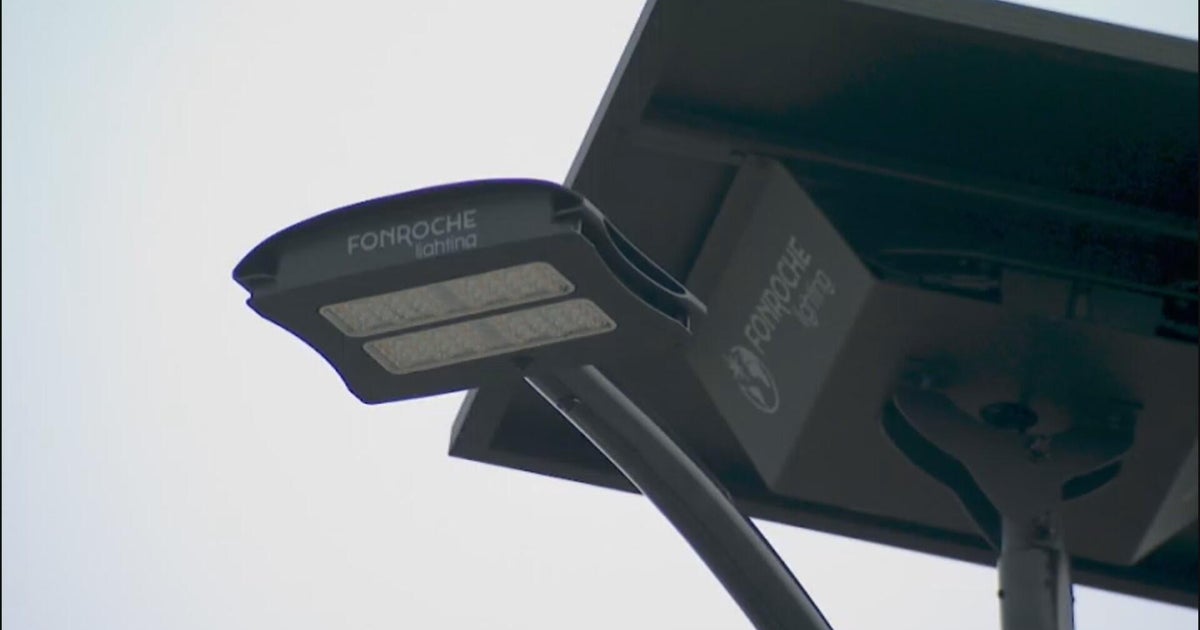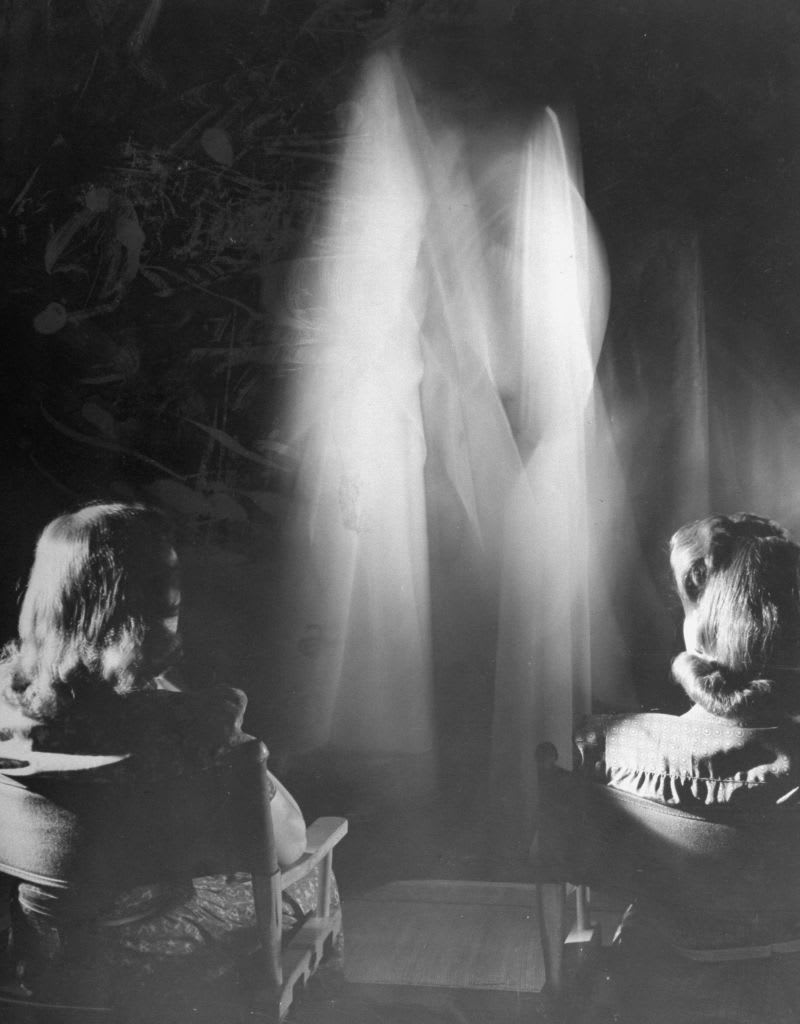L.A. high school revives Mexican dance tradition many parents left behind
They may look like a professional dance company but they're actually students from Esperanza College Prep, a high school located in the primarily Hispanic East Los Angeles. Students there are learning historic Mexican folk dances, some of them hundreds of years old. Their parents and grandparents loved these traditions growing up but had to leave them behind when they came to America.
Ignacio Delgado-Hernandez was a professional dancer before he started teaching. He wanted to teach what he knew best – the traditional style of Mexican cultural dance known as folklórico.
"Mexican folk dance, for me, provided a space when I was growing up where I could one, find myself. Being that I was also undocumented I could never go back to Mexico. And so it allowed me to reconnect with my own identity growing up, feel pride in it too," Delgado-Hernandez told CBS News' Jamie Yuccas.
Hoping his students would feel that same pride, he asked to put on a year-end production, with one condition, according to principal Rosa Elena Alanis, who said, "He told me every student's going to dance, and I said, 'No way, how are you going to make 14-year-olds who don't even like this music dance? He's like, 'they will dance.'"
Nicholas Murana was a typically skeptical freshman when he first put on dance shoes. Slowly but surely, though, he fell in love with it. An even deeper bond formed when Murana brought the folklórico program home to his father Hernan, who grew up in Mexico.
"I danced for about three to four years when I was nine years old," Hernan said. "I don't remember when was the last time I saw a folklórico group dance. It's like being back at home, seeing myself in him dancing on stage. At the end of the day that's my reward, watching him perform on stage."
Parents and grandparents from across the community felt the same way. Hundreds volunteered to do everything from hand-sewing hundreds of costumes to creating dozens of elaborate hairstyles.
Lorena Iberra's late mother used to perform back in Mexico. Now, her daughter Daniela is dedicating her performance to her grandmother.
"I was, like, 'wow, I actually do look like my grandma!" Daniela said. "When I saw it, I like, started tearing up. And I was, like, 'Wow, I cannot believe this," and like, she's like an angel watching over me."
"Grandparents get emotional because they're like, 'This is something that I grew up doing that I had to stop doing because I crossed a border,'" Delgado-Hernandez said. "All cultures have something to offer and something beautiful that needs to be shown, that needs to be seen by the masses."
Now, the masses are seeing it. At the end of its first year, the folklórico program filled a 600-seat theater and this past summer it sold out a playhouse holding 1,300 people.
A celebration bridging cultures and crossing generations.



